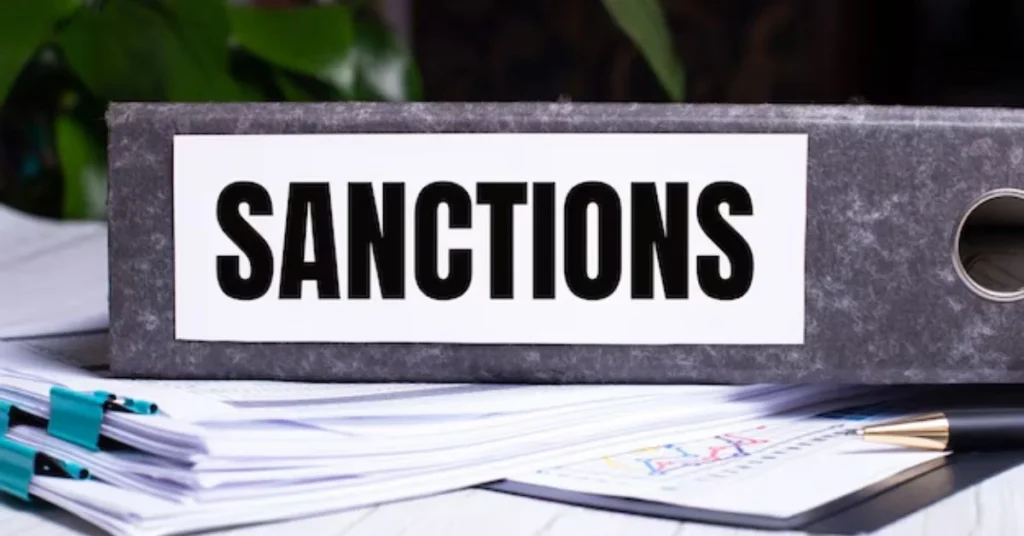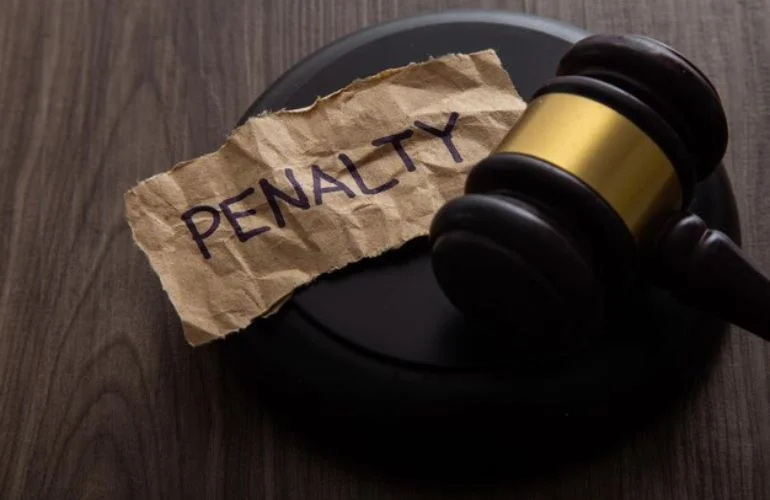The 72 Sold lawsuit has become a major talking point in the real estate industry, drawing attention to its innovative business model and the controversies surrounding it. This legal battle has raised questions about transparency, accountability, and the evolving landscape of real estate services. Buyers, sellers, and industry professionals are keenly watching the developments of this case. In this article, we will explore the details of the 72 Sold lawsuit, its implications, and lessons it offers for the real estate market.
What is 72 Sold?
The Innovative Model of 72 Sold
72 Sold is a real estate service that has revolutionized the way homes are sold by promising results within 72 hours. The platform uses a unique marketing strategy to attract buyers and expedite the home-selling process. Unlike traditional methods, 72 Sold offers sellers convenience and speed, making it particularly appealing to those seeking a hassle-free experience.
Origins and Growth
Founded by Greg Hague, 72 Sold quickly gained prominence in the real estate world. The company’s rise can be attributed to its aggressive marketing campaigns and a focus on delivering rapid results. By emphasizing simplicity and efficiency, it has attracted both customers and competitors’ attention.
Why 72 Sold is Different
72 Sold stands out due to its innovative approach, which combines traditional real estate principles with modern marketing tactics. This model is designed to minimize the stress and time typically associated with selling a home. However, this differentiation has also made the company a target for scrutiny and legal challenges.
Details of the 72 Sold Lawsuit
The Allegations
The core of the 72 Sold lawsuit revolves around allegations of misleading advertising and questionable business practices. Critics have accused the company of overpromising results and failing to disclose important details in its contracts and promotional materials. Some customers and competitors argue that these practices do not align with industry standards.
Parties Involved
The lawsuit involves complaints from various stakeholders, including dissatisfied customers, competing real estate firms like Keller Williams, and regulatory authorities. Each party has brought different concerns to the table, intensifying the scrutiny on 72 Sold’s operations.

Legal Proceedings
The case has entered the courts, with judges and attorneys closely examining the claims against 72 Sold. While the outcome remains uncertain, the lawsuit has already sparked discussions about the need for greater transparency in real estate marketing. Industry professionals are closely monitoring how this case unfolds, as it may set important precedents.
The Impact of the 72 Sold Lawsuit
Effects on the Company
The lawsuit has undoubtedly affected 72 Sold’s reputation. Negative publicity has led to skepticism among potential customers, and the company may face financial repercussions depending on the court’s decision. Despite these challenges, 72 Sold continues to emphasize its commitment to providing value to its clients.
Influence on Customers
For buyers and sellers, the lawsuit has raised questions about the reliability of 72 Sold’s promises. Customers are now more cautious about the claims made by real estate services. The case has underscored the importance of understanding the fine print before engaging with such platforms.
Broader Implications for Real Estate
The 72 Sold lawsuit has highlighted the significance of ethical practices and transparency in the real estate sector. As innovative models like 72 Sold become more common, regulatory bodies may introduce stricter guidelines to protect consumers.
As the 72 Sold lawsuit highlights transparency and ethics in business practices, similar discussions can be seen across various industries. For instance, platforms like fashion319 chrome hearts delve into the evolving trends and practices shaping different markets, offering insights into consumer preferences and industry shifts.
Analyzing the Claims
Are the Allegations Valid?
Critics argue that the allegations against 72 Sold have merit, pointing to cases where sellers felt misled. On the other hand, supporters highlight the platform’s numerous success stories. Determining the validity of these claims requires a balanced analysis of customer experiences and the company’s marketing tactics.

Responses from 72 Sold
72 Sold has defended its practices by emphasizing its focus on customer satisfaction. The company has released statements reiterating its compliance with regulations and highlighting its track record of successful sales. By addressing concerns directly, 72 Sold aims to rebuild trust with its audience.
Lessons for Buyers and Sellers
Importance of Research
The 72 Sold lawsuit demonstrates the need for thorough research when selecting a real estate service. Customers should evaluate a platform’s track record, read reviews, and seek independent advice before making decisions.
Recognizing Red Flags
Sellers should watch for potential red flags, such as overly ambitious promises or unclear contract terms. Transparency is crucial, and customers should demand clear communication from service providers.
Navigating the Real Estate Landscape
As models like 72 Sold gain popularity, customers must adapt by staying informed. Asking critical questions and seeking clarity on processes can help avoid misunderstandings.
Future Outlook
Potential Outcomes of the Lawsuit
The resolution of the 72 Sold lawsuit could lead to significant changes in the real estate industry. If the allegations are upheld, the company may face penalties and be required to revise its marketing practices.
What This Means for the Industry
For the broader real estate market, the case underscores the need for ethical practices and consumer protection. Innovations like 72 Sold can succeed only if they are paired with transparency and accountability.
Conclusion
The 72 Sold lawsuit is a pivotal moment for the real estate industry, bringing attention to the challenges and opportunities of innovative business models. For customers and professionals, the case offers valuable lessons about the importance of transparency, accountability, and informed decision-making. As the industry evolves, staying vigilant and well-informed will be key to navigating its complexities.
For more information about their services, innovative approach, and how they aim to transform the real estate market, visit their official website.

FAQs
What is the focus of the 72 Sold lawsuit?
The lawsuit focuses on allegations of misleading advertising and questionable business practices by 72 Sold.
Does 72 Sold really sell homes in 72 hours? While some customers have reported fast sales, the lawsuit questions the consistency of these results.
How does 72 Sold ensure customer satisfaction?
72 Sold emphasizes its streamlined process and success stories to build trust, but the lawsuit highlights areas for improvement.
What are the key differences between 72 Sold and traditional real estate models?
Unlike traditional models, 72 Sold focuses on speed and simplicity, making it attractive to sellers seeking convenience.
How can buyers and sellers protect themselves in real estate transactions?
Conducting thorough research and seeking clarity on terms and conditions are essential steps for buyers and sellers.










